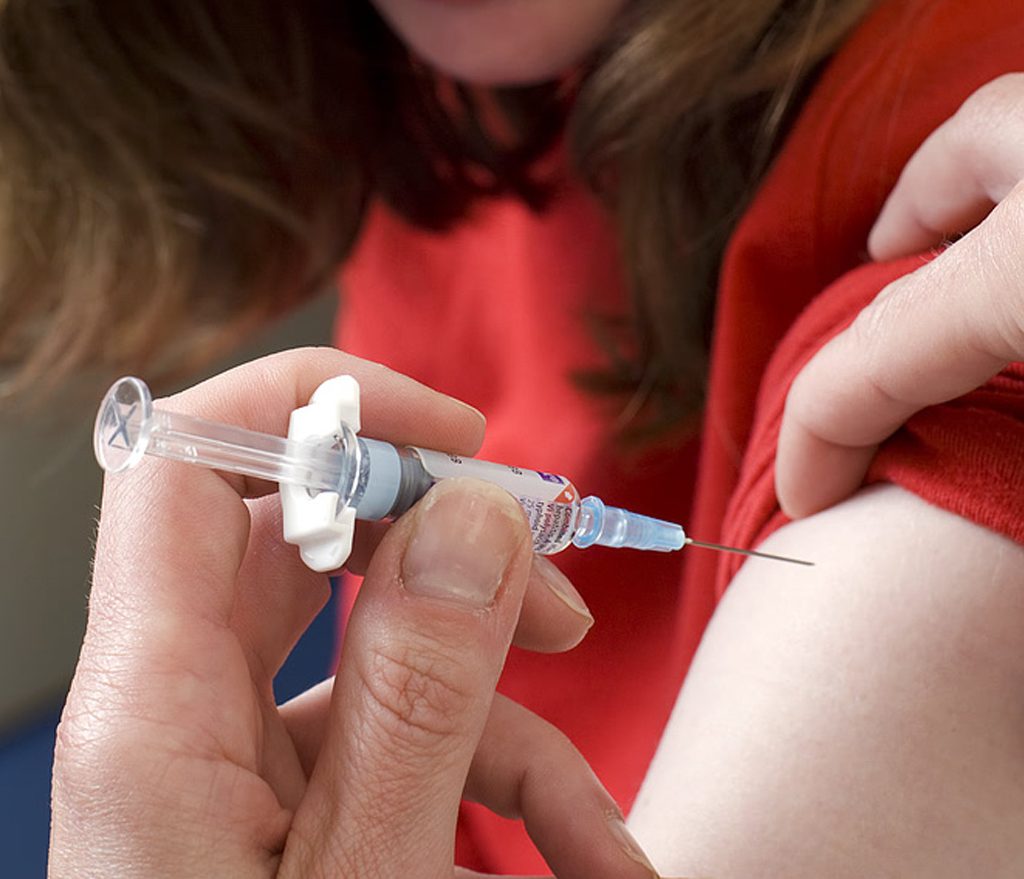
Hepatitis is the medical ailment to describe the inflammation of the liver. This ailment has many causes and levels of severity, of which the main symptoms include fatigue, jaundice and abdominal pain.
While there are causes of hepatitis like excessive consumption of alcohol or extended usage of certain drugs, the main cause of hepatitis is viral. A thorough medical examination includes a blood test that we should undergo yearly for the detection of hepatitis, as well as the viruses that cause hepatitis.
If left untreated, hepatitis may lead to liver failure or cancer. With proper awareness, treatment and care, we can learn to cope and live with hepatitis to lead a normal life.
Hepatitis viruses can be detected in the blood and body fluids in infected persons. The three main classifications of the virus are Hepatitis A (HAV), Hepatitis B (HBV) and Hepatitis C (HCV). When infected, the virus is found in the person’s blood, body fluids (eg. semen, vaginal fluids etc.) as well as in the stool.
Exposure to an infected person’s blood, body fluids or stool would therefore be exposing oneself to the virus. Sexual intercourse, sharing of infected needles or razors, tattooing and body piercing are examples of how the virus may transmit from one person to another. A mother can also pass on the virus to her unborn baby.
Since it may be found in stool, the virus can also be passed down through unsanitary preparation of food (fecal-oral route). As some shellfish may contain HAV, consumption of infected raw shellfish may expose us to the virus too.
Hepatitis can also be caused by consuming alcohol excessively, and extended use of certain drugs. Therefore, it is very important to seek proper consultation on medication and drugs with authorized medical professionals.
There are vaccines available for deterring some strains of the hepatitis virus. These vaccines require repeated dosages for several years to maintain its effectiveness.
Out of the three main types of the hepatitis virus, there is a vaccine for HAV and HBV, but unfortunately none for HCV.
If one contracts the virus, seek treatment as soon as possible to prevent the onset of hepatitis. However, the virus can sometimes leave little or no symptoms, and only signs of hepatitis may lead us to test for the presence of the virus in our system.
For HBV, most people eventually develop anti-bodies to fend off the virus and will not pass the virus on to another person. If the virus persists and remains within our system, it may stay with us for the rest of our lives.
We should be conscious and aware of the manner of transmission of the virus to protect the people around us. Inform your sexual partner, whom you may pass the virus to, and practice safe sex.
Observe good sanitary hygiene and always wash your hands after visiting the toilet. Syringes should not be shared with others.
A regular exercise regime keeps our body fit and healthy. Avoid excessive alcohol as it adds stress to the liver. Also, be mindful of drugs and medication used as they complicate your liver functions.
If you suspect that you are suffering from hepatitis, consult your doctor and seek treatment immediately to prevent the development of even more severe conditions like liver cancer or failure.







